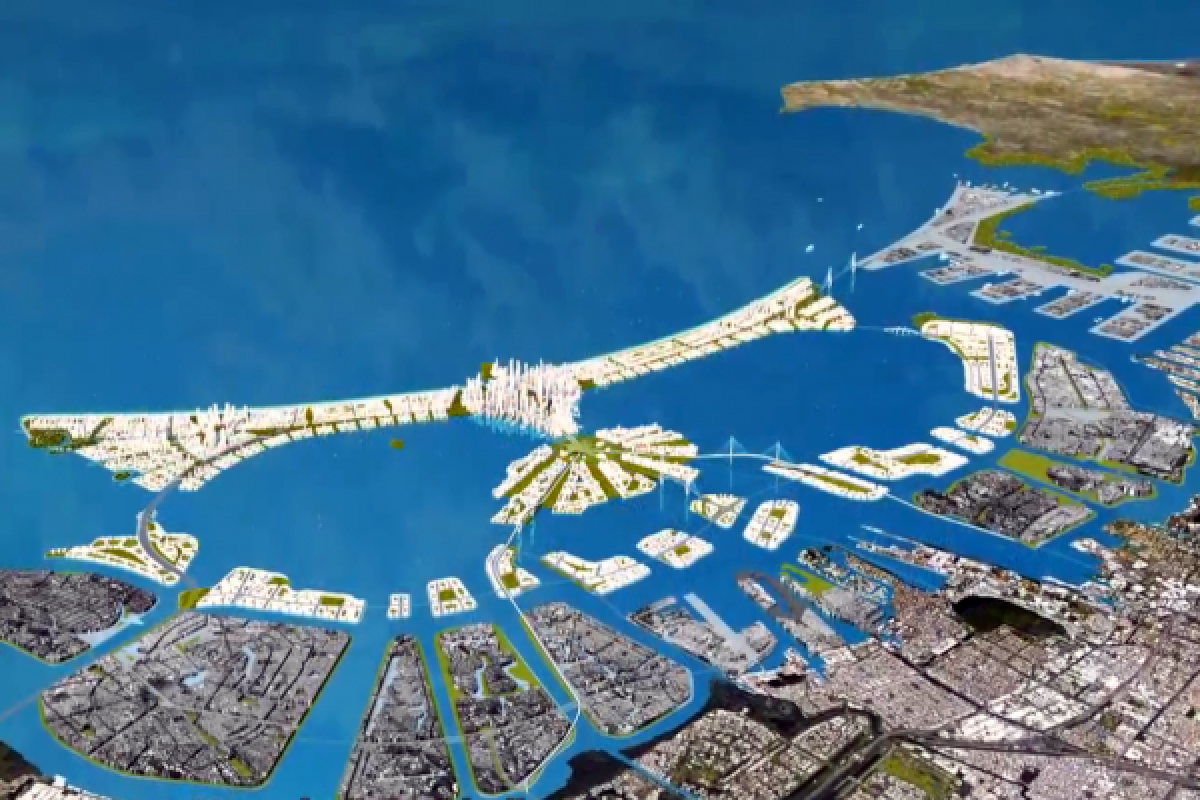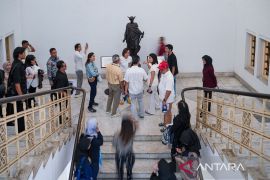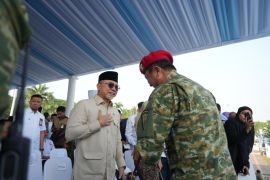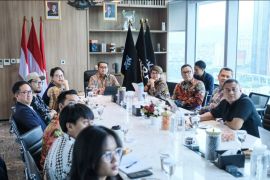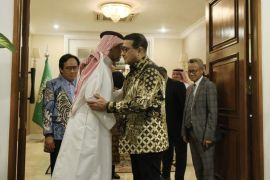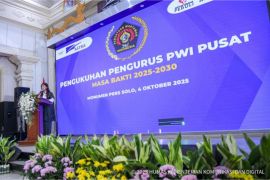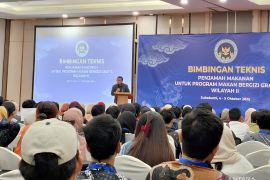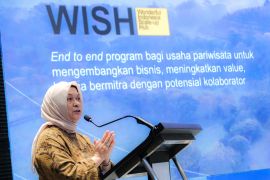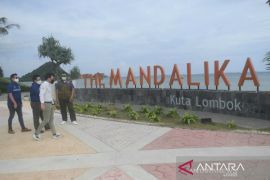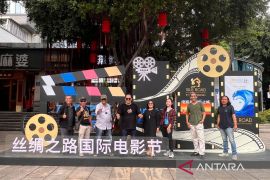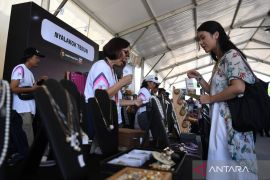"We do not need to explain the marine life that could survive such as mangroves or whether fishermen still can catch fish," said Walhis External Affairs Deputy Director Zaenal Muttaqin here.
When the JGSW is built, said Zaenal, the flow of sea water and wastes from factories along the coast will gather around the embankment.
"Wastes will come from 13 polluted rivers and other factories that dump waste into rivers in Jakarta," he said.
Walhi will consistently reject the JGSW development because of environmental reasons.
"In addition to the damage, the negative impact in the field will also be experienced by people living in the coastal areas," said Executive Director Walhi Puput TD Putra in Jakarta.
According to Puput, the Socialization of JGSW construction project is not openly and intensely carried out by the Government of Jakarta.
"This project seemed to be not open to the public. The next thing I knew there was a plan to develop the project," he said.
He said that the JGSW is only able to reduce flooding by eight percent. In essence coastal communities do not benefit from the project," he said.
Walhi plans to conduct a study related to the development of JGSW. "We will conduct a study related to the JGSW at the end of this month and hold a discussion with experts," said Puput.
(Reported by Roberto Calvinantya Basuki/Uu.A051/A014)
Editor: Priyambodo RH
Copyright © ANTARA 2014
